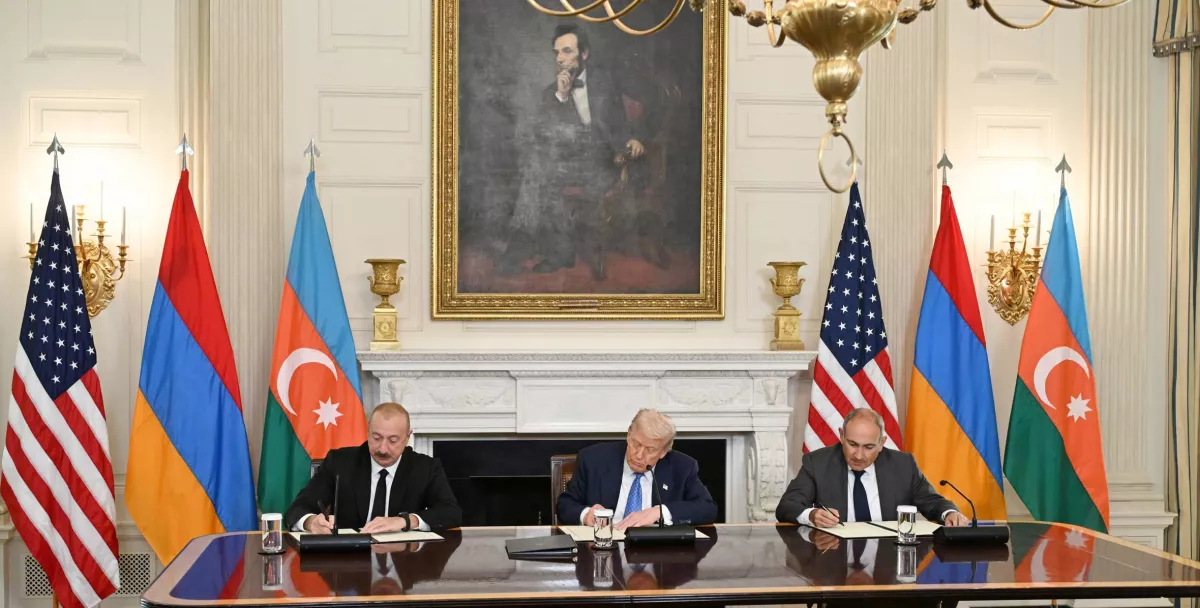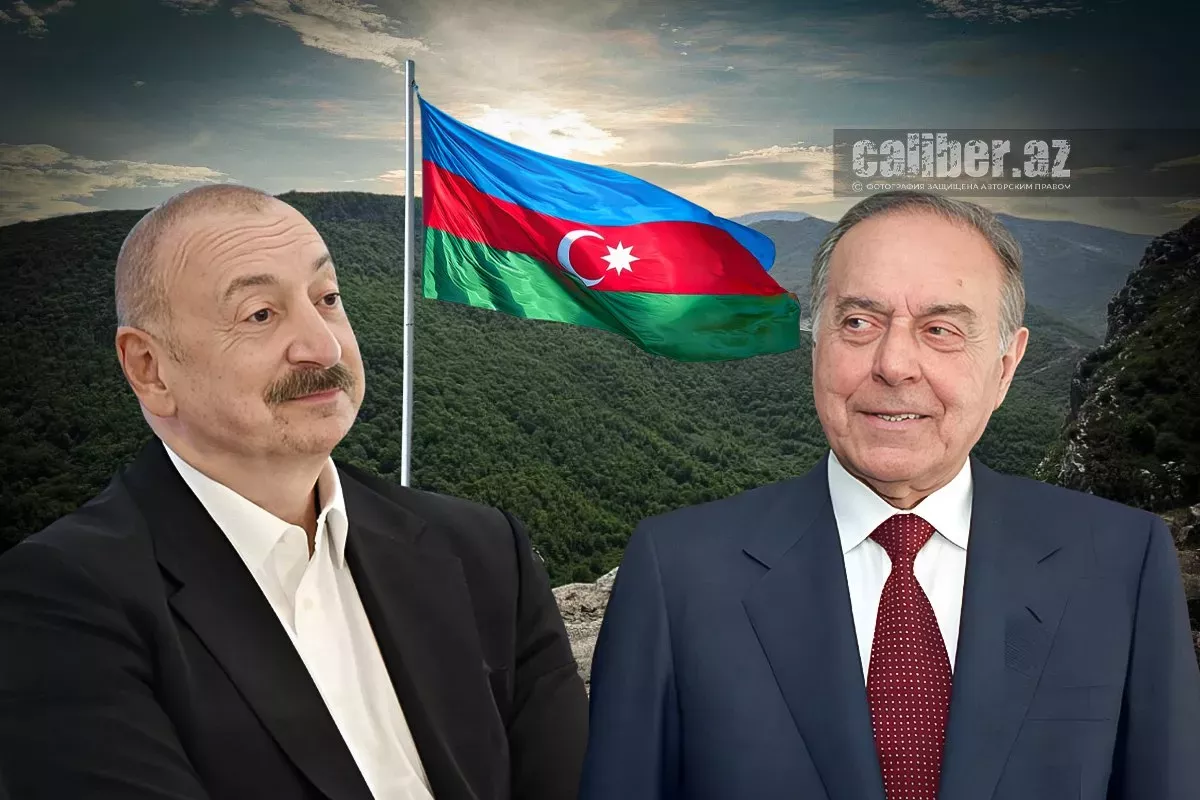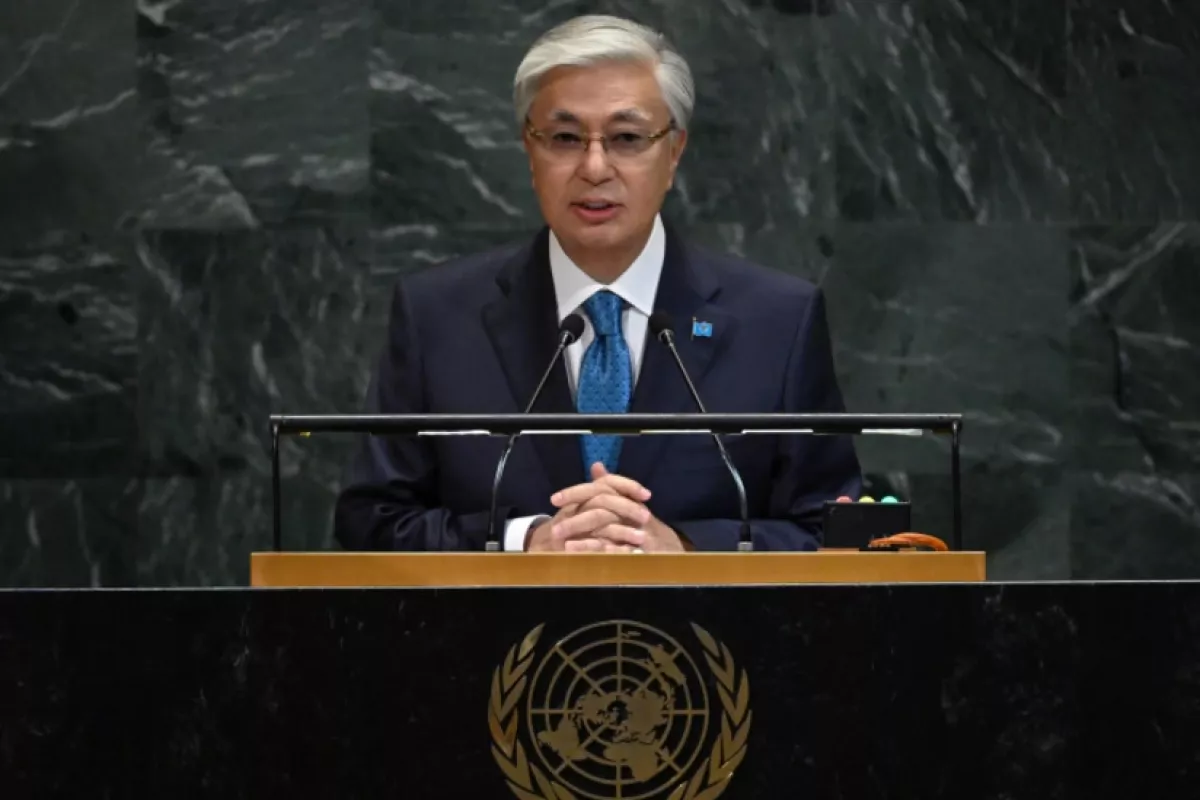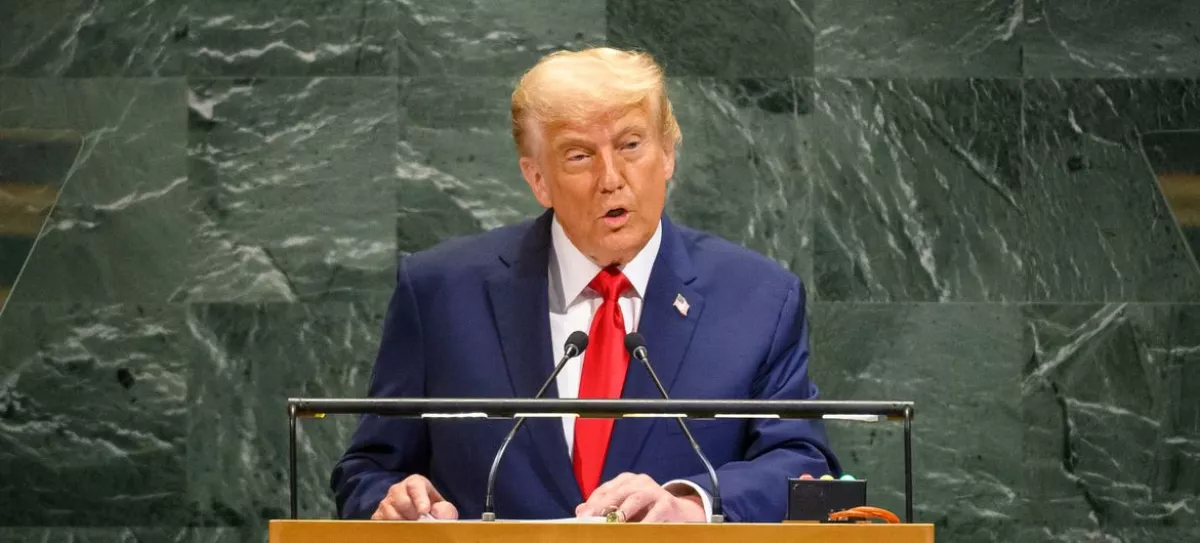Azerbaijan’s peace code Aliyev’s formula for global diplomacy
Undoubtedly, many may find it surprising how much Azerbaijan’s international standing has strengthened in recent years. Numerous experts suggest that this was largely driven by the August agreements between Azerbaijan and Armenia, facilitated by U.S. President Donald Trump.

However, in this case, they overlook the full range of initiatives that official Baku has undertaken over the past decades. After all, it is impossible to explain Azerbaijan’s real international authority—so vividly demonstrated during the 80th session of the UN General Assembly—solely by the fact that a peace agreement between Azerbaijan and Armenia was initialled in August.
Yes, what took place in the Oval Office of the White House in August carries enormous international significance, not only in the context of bilateral relations between Azerbaijan and Armenia but also in a broader regional and global context. The essence of this significance lies in the fact that the international community was presented with crucial evidence of the possibility of reaching major agreements through peaceful means. The mechanism launched by Azerbaijani President Ilham Aliyev, which required Armenia to fully accept the principles prepared by Baku for signing the peace agreement, was accepted by the opponent completely, without any “buts.”

It is important to emphasise that this mechanism was based, on one hand, on the foundation laid by National Leader Heydar Aliyev, and on the other, shaped by the political, economic, and military-diplomatic initiatives of President Ilham Aliyev, grounded in carefully calculated decisions. Each action was taken at the right time and in the right place.
In other words, August 8, 2025, was not an isolated event but the result of the president’s meticulous, long-term work, conducted over many years and guided by the principles of international law.
Whether anyone wants to acknowledge this or not is another matter. But, as the saying goes, you can’t take words out of a song. For the sceptics, the only advice is to carefully examine all the steps taken by President Ilham Aliyev since he came to power — and all doubts will disappear on their own.
This logic was clearly reflected in the speech by Kazakh President Kassym-Jomart Tokayev at the 80th session of the UN General Assembly. Welcoming the normalisation of relations between Azerbaijan and Armenia under the mediation of Donald Trump, the Kazakh leader emphasised that “even entrenched conflicts can be settled through diplomacy and common sense,” noting that Astana consistently advocates diplomacy over escalation and dialogue over force.

Tokayev explicitly and unequivocally noted that Baku’s targeted measures not only led to the implementation of the August agreements but also set an example for many countries. First, because diplomacy must remain the primary instrument for resolving conflicts. Second, because it is precisely “dialogue over force” that can move situations toward peace.
Let us be objective: isn’t this the very approach that is lacking today in addressing the bloody conflicts that continue to flare up in various regions around the world?
Azerbaijan’s experience has shown that only a sincere commitment to peace, grounded in the defence of national interests without harming third parties, can yield results. This approach has characterised Baku’s policy both before and after 2020.
Even as a victorious country, Azerbaijan extended a hand of peace to the defeated Armenia, sincerely offering to work together toward progress. And for Armenia, the benefits of this path were clearly outlined.

This is precisely why, just a day ago, Donald Trump, calling the President of Azerbaijan his friend, expressed his gratitude and emphasised: “I'm very proud of you [...] You're amazing people [...] And I just want to let you know it's an honor to be with you.”
The significance of the U.S. president’s words was twofold: first, because they were spoken at the official reception marking the anniversary session of the UN General Assembly; and second, because Trump effectively presented Azerbaijan’s experience to the world as an example.
In this way, Azerbaijan’s policy, whether some choose to dispute it or not, becomes a model for serious world leaders on how to build international relations—when a head of state’s words are backed by deeds and all steps are grounded in peaceful initiatives.
As a result, at nearly all of President Ilham Aliyev’s meetings in New York, the August agreements between Azerbaijan and Armenia in Washington were positively noted. In particular, the leaders of Finland and Greece explicitly described Baku’s role as a “historic achievement.” This confirmed the leadership of the President of Azerbaijan as an initiator of the peace agenda and a policymaker making a significant contribution to global security.








